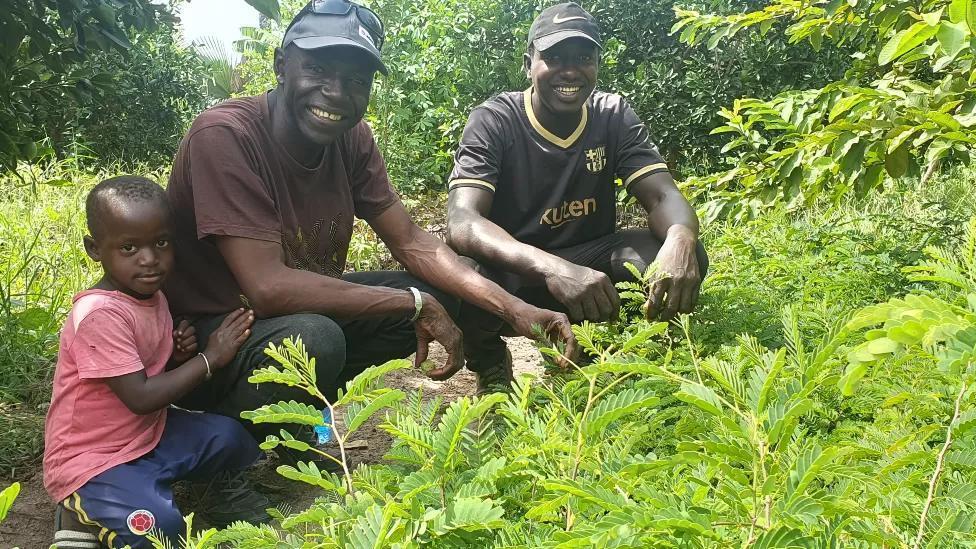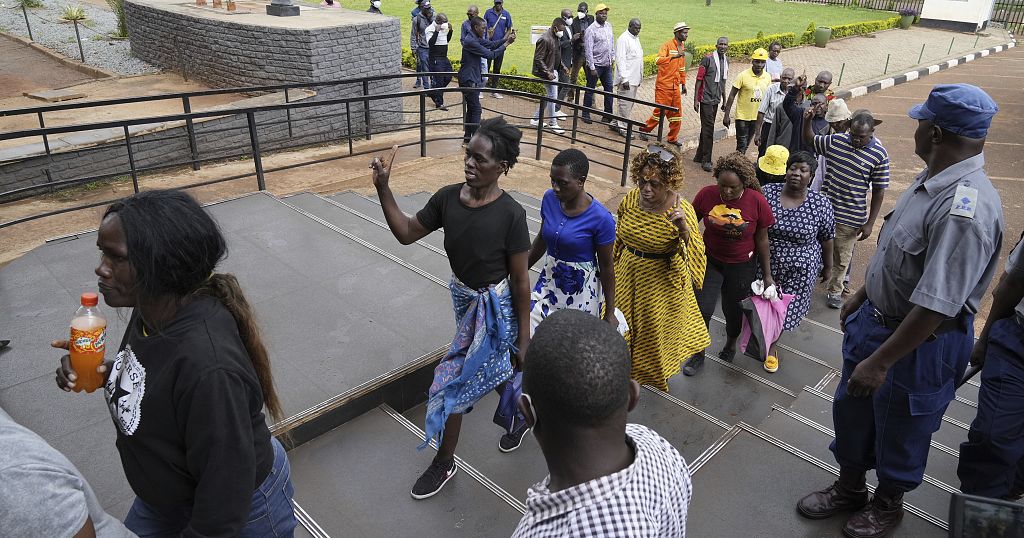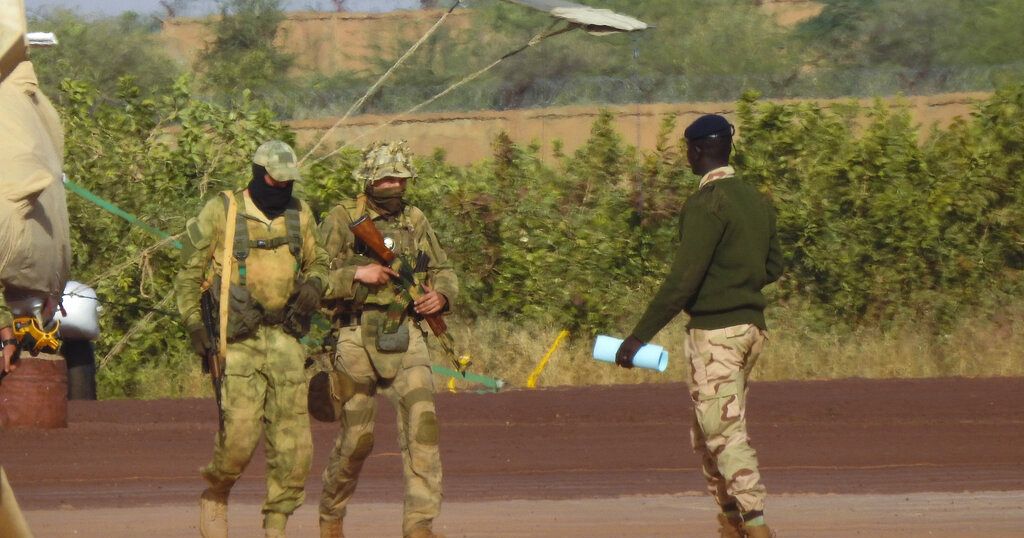Adama Diémé, a 48-year-old man from southern Senegal, has set a goal to plant five million trees in the next five years in an effort to combat deforestation in the Casamance region. Deforestation in the region has been caused by a variety of factors including desertification and the use of trees for construction and charcoal. To achieve his goal, Diémé has raised money, including $5,000 of his own funds, and has worked to engage with and empower women in the community by training them in small-scale farming and providing them with the skills to sell their produce at local markets. The project, called “Ununukolaal” or “Our Trees” in the local Jola language, has planted a variety of trees including palms, tamarinds, kapoks, and lemon trees, chosen based on the needs and terrain of the community. Over the past three years, more than 142,000 seedlings have been planted and tended. The project also aims to combat the effects of rising sea levels and erosion in the region, which have led to flooding and the destruction of homes.
Adama Diémé’s tree planting project in southern Senegal is not only aimed at combatting deforestation, but also at addressing the effects of rising sea levels and erosion in the Casamance region. These issues have led to flooding and the destruction of homes, making it increasingly difficult for people in the area to maintain their livelihoods. By planting trees, Diémé and his team hope to not only restore the local ecosystem, but also to provide a buffer against the effects of rising water levels and erosion. In addition to planting trees, the project also involves training members of the community in sustainable agriculture and helping them to set up small businesses selling their produce at local markets. This aspect of the project aims to provide people with an alternative source of income, reducing their reliance on natural resources such as trees for construction and fuel.
In addition to the environmental and social benefits of Adama Diémé’s tree planting project in southern Senegal, there may also be economic benefits for the region. Trees can provide a range of goods and services, including timber, fruit, nuts, and medicine, which can be harvested and sold. This can provide a source of income for the people who tend to the trees and can also stimulate local economies. In addition, healthy ecosystems that include trees can attract tourists, providing another source of income for the local community. Additionally, the act of planting and tending to trees can create jobs and provide training and education opportunities for members of the community. Overall, the tree planting project in the Casamance region has the potential to not only improve the environment and social conditions, but also to contribute to economic development in the area.



